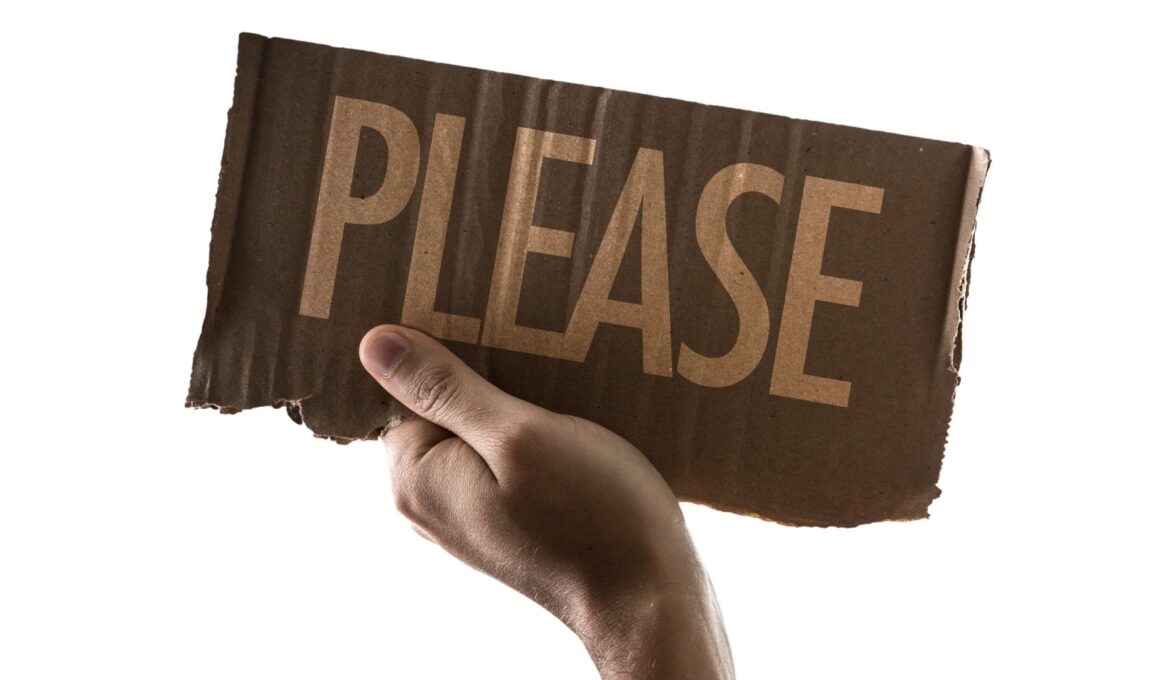Among the top things that parents will generally try to instil in their children is a good sense of manners. While it’s still perfectly possible to be successful and popular without good manners, and while you’re not going to get into any trouble with the law for omitting a please or thank you; manners are still somewhat a source of pride for parents and one of the ways that we judge how effective they’ve been in raising their sprogs.
But manners aren’t just the domain of young children – they’re also very important for adults and for the parents themselves. As we get older many of us ‘forget’ the manners that were so strongly emphasised for us when we were kids, and neglecting to say please and thank you can quickly become a bad habit. Manners aren’t just for show either – they can actually go a long way to helping you in your personal and professional development. Don’t believe me? Then read on. Please…
What’s the Point of Manners?
Good manners first and foremost will make you appear grateful and that’s something that can help you in a number of other ways. When someone does something for you out of the kindness of their heart, then normally they expect some kind of acknowledgement of the effort they’ve made. Likewise when you ask someone for something that inconveniences them, they generally expect you to recognize that you’re being a tad demanding; and when you inconvenience someone accidentally this too needs to be addressed.
Short of giving someone something in exchange for their kindness or to make up for your misstep, using manners is the only method we have of making things okay. When you say ‘thank you’ you acknowledge someone’s hard work which will be gratifying for them. When you say ‘sorry’ you point out that you didn’t purposefully mean to upset someone and that you’re empathetic to their situation and aware of your part in it. Finally, when you say ‘please’ you acknowledge that they need to go out of their way to do something and that this is a request – not a demand. It’s basically a form of reciprocation or remuneration where cash or gifts aren’t appropriate to ‘even’ the balance and avoid taking advantage of the good nature of others.
How This Helps You
So how does all this help the person saying please and thank you? Well, it will first and foremost make you more popular. Manners make you seem grateful, empathetic, mild mannered and pleasant; and obviously this is going to make people more likely to want to spend time with you. Compare someone who barges through a crowd saying ‘get out of my way’ or nothing at all, to someone who does say saying ‘sorry’ and ‘excuse me’ and maybe stops to hold a door open for someone. People are likely to be far more sympathetic to the second person and this means they’ll be more likely to want to spend time with them, to actually get out of their way, and to restrain themselves from hitting them. Be rude and you make people angry and you lose popularity, be polite and you excuse yourself/warm yourself to people. And you may think it doesn’t matter if you’re never going to see these people again (what’s wrong with you?), but you’ll quickly change your mind when you upset the wrong person and get a black eye and you never know when you’re going to bump into someone you should have impressed.
More to the point, if someone does something for you and you then make them feel good about it, they are going to be more inclined to want to do it again. In other words if you’re a grateful recipient of gifts then not only will you become more popular, but you’ll also get more gifts. It’s essentially the equivalent of classically conditioning the people around you to do more for you.
Finally though, good manners also give off another impression – one of someone who is well presented, thoughtful and intelligent. Manners are generally associated with a good upbringing and a good education, and they’re absolutely required if you’re going to be discussing business over a meal (table manners are crucial here) or if you are negotiating a deal with a potential client. It’s not professional to be rude, and if you want to come across as someone who has their act together on a date and knows what they’re doing, saying thank you to your waiter or to the taxi driver can quickly impress.
Improving Your Manners
So how do you go about improving your manners if they’re currently lacking? Well one thing to do is to make a list of all the areas you need to improve and to think about what you want to tackle. Being good mannered isn’t just a matter of saying sorry; it’s also a matter of not swearing often, or not chewing your food loudly and of holding open doors for people. If you are very keen on improving yourself then you can always consider going on a course to teach you manners, but alternatively just quiz your friends and family on the areas they think you could improve in and spend some time reflecting on your own behaviour.
From there you then need to remember to use your manners until they eventually become habit and second nature. To do this, you can use any memory technique such as wearing a ribbon on one wrist, such as using role play to practice (or just visualising situations in your spare time), or by getting your friends and family to remind you whenever you forget. Eventually it will become natural for you to say please and you’ll find it harder not to – and at that point you’ll find that things start falling into place for you.





it is helpful 🙂 thank you